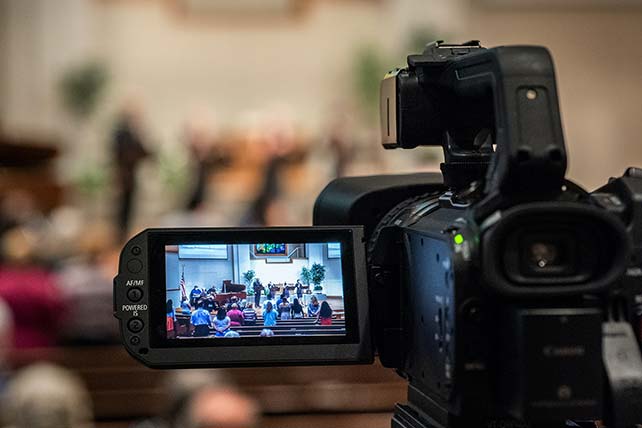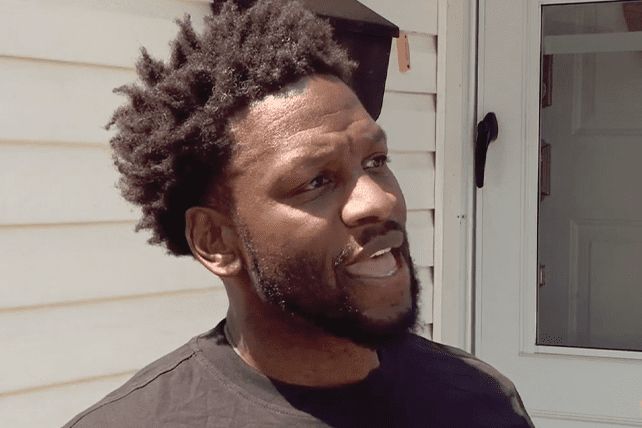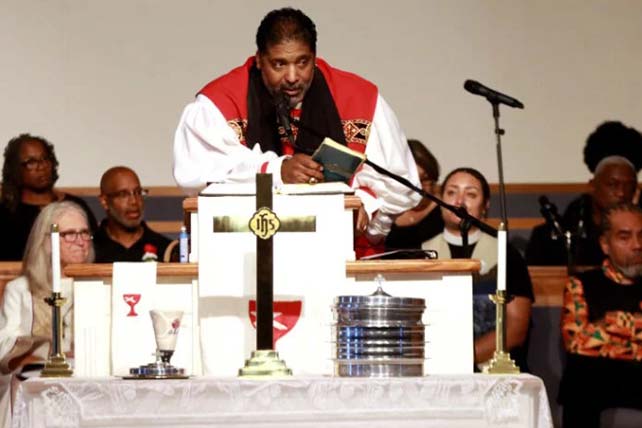As many churchgoers continue watching livestream church services at least occasionally, they also recognize limitations in its validity and utility.
According to a Lifeway Research study, nearly 2 in 5 Protestant churchgoers (39%) say they have watched a livestream service instead of attending a church service in person on more than five occasions over the past year. Meanwhile, 1 in 5 (20%) have not watched a livestream service in the last year.
Today, watching livestream services at the highest frequency (18 times or more in a year) is about half as common as it was in February 2021, during COVID (15% v. 32%). Still, churchgoers today are nearly four times as likely to watch church services online 18 or more times in a year than they were in 2019, before COVID (15% v. 4%).
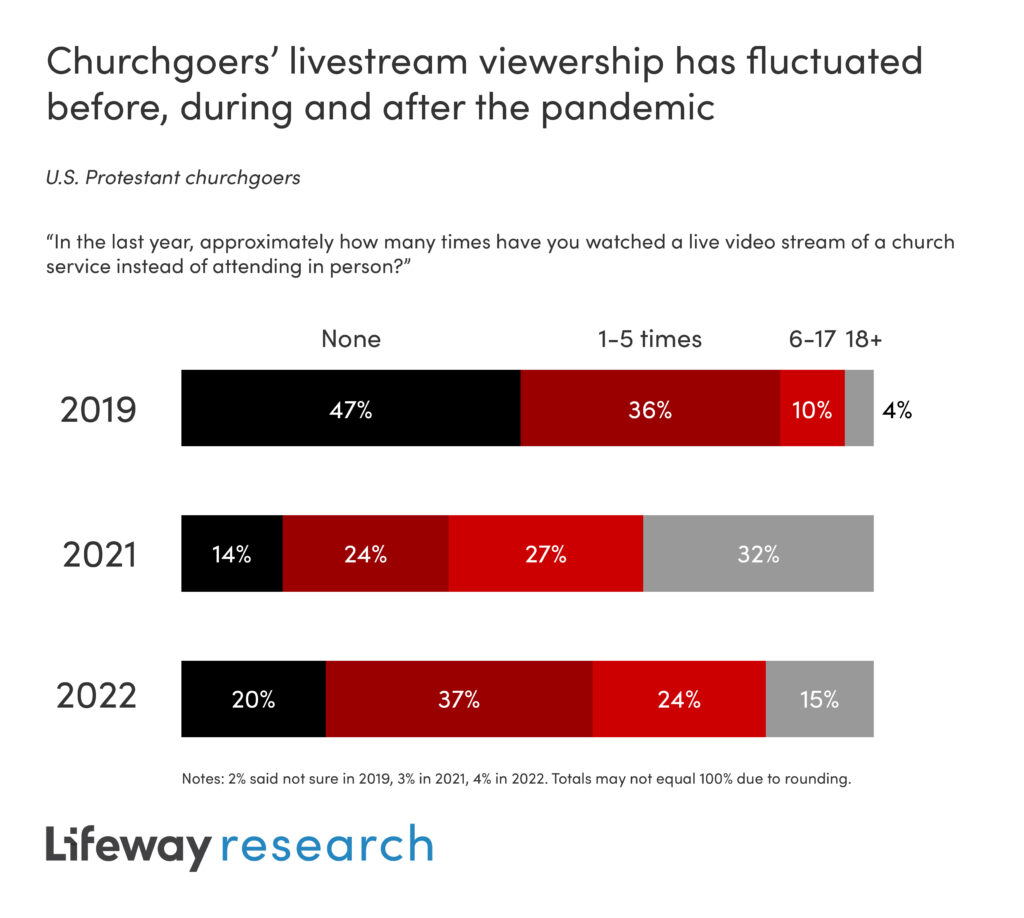
Basic demographic factors such as age and ethnicity play into a churchgoer’s likelihood of not watching a livestream. Churchgoers aged 50-64 (27%) and over 65 (26%) are more likely than younger churchgoers, those 18-34 (13%) and 35-49 (12%), to say they have not watched a livestream instead of attending service in person in the past year. White churchgoers (23%) are also more likely than African Americans (13%) to say they have not watched a livestream.
“The pandemic drove a large increase in the number of churches offering livestreams of their worship services, but some of these viewers were only temporary,” said Scott McConnell, executive director of Lifeway Research. “African Americans were hit harder by COVID, and their churches closed longer. So, it is not surprising they have maintained more online viewers.”
Denominationally, Baptist (22%), Lutheran (28%) and non-denominational (22%) churchgoers are among the most likely to say they have not watched a livestream service in place of attending church in person in the past year. And those who attend worship services most frequently (at least four times a month) are more likely than those who attend one to three times a month to say the same (24% v. 15%).
When is livestreaming a valid alternative to in-person attendance?
Churchgoers believe some reasons for watching a livestream service rather than attending in person are more valid than others. Most churchgoers say a livestream is a valid replacement when sick or caring for someone who is sick (69%), and nearly half say it is valid when traveling (48%). Nearly 2 in 5 (38%) say watching a livestream is acceptable when you live too far away to attend church in person. Fewer than 3 in 10 say livestreams are valid when a non-attendee wants to know more about the church or its teaching (29%), whenever someone wants to watch online (26%) or when you get up late (24%). And 7% say none of these occasions are valid replacements for attending in person.
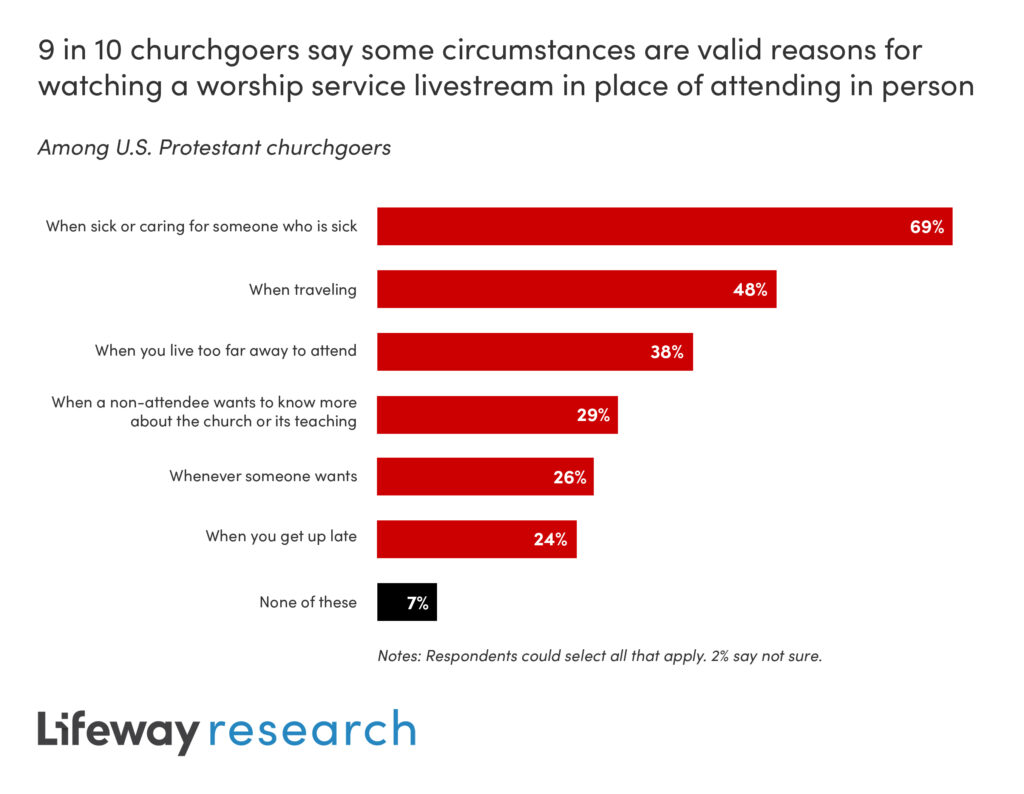
Compared to 2019, fewer churchgoers today see video streaming as a valid replacement for physically attending church when sick or caring for someone who is sick (76% v. 69%), traveling (60% v. 48%), too far away to attend (45% v. 38%) and when they get up late (36% v. 24%).
“A consistent quarter of churchgoers see any reason as a valid reason to attend church via video streaming, but with additional experience with the approach, fewer are open to its use instead of in-person attendance,” McConnell said.
While the oldest churchgoers (those over 65) are the most likely to say it is acceptable to watch a livestream when sick or caring for someone sick (79%), they are the least likely to say it is valid when you get up late (12%) or whenever you want to watch online (19%). They are also among the least likely to say it is acceptable when you live too far away (31%).
Religious beliefs also play a role in this conversation for churchgoers. Those with evangelical beliefs are more likely than those without to say livestream services are a valid replacement when sick or caring for someone sick (75% v. 65%). But those with evangelical beliefs are less likely to say it is acceptable when you live too far away to attend (31% v. 43%) or whenever someone wants to watch online (23% v. 29%).

